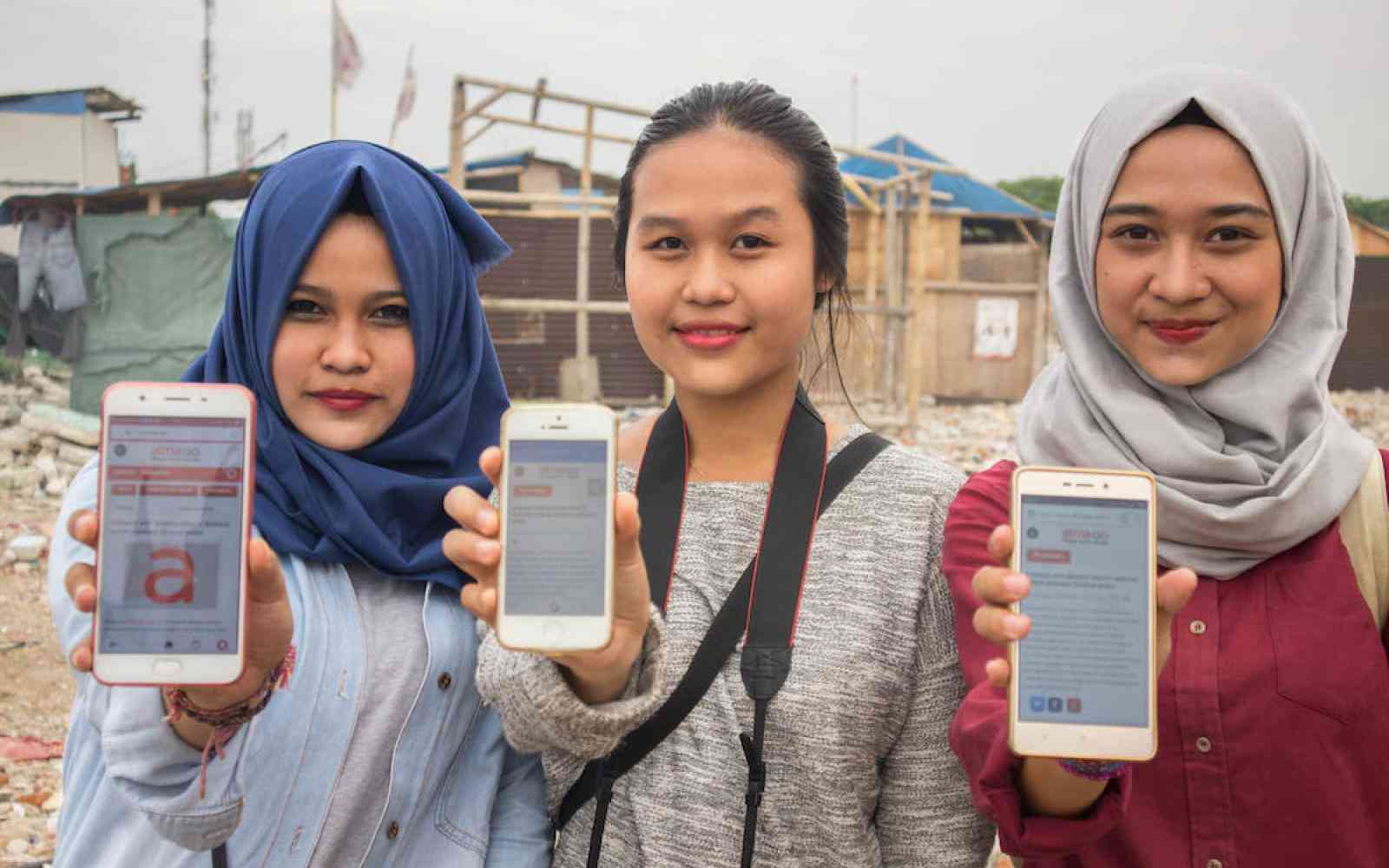Meet the founder of AtmaGo – the social network empowering vulnerable communities
A passionate belief that technology can help change the world from the ground up was the inspiration behind the launch of a social network that is helping millions of people develop greater resilience and economic empowerment in several countries across the world.

